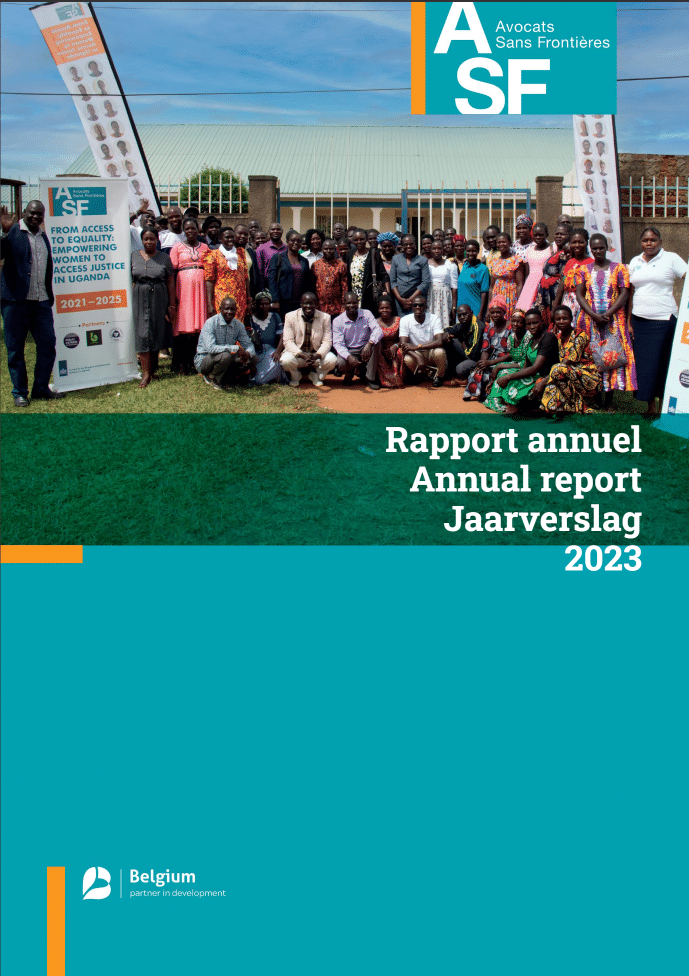Country: Kenya
-
Unlocking civil society voices for sustainable development in Kenya
Duration: 4 years (January 2022 > December 2026)
-
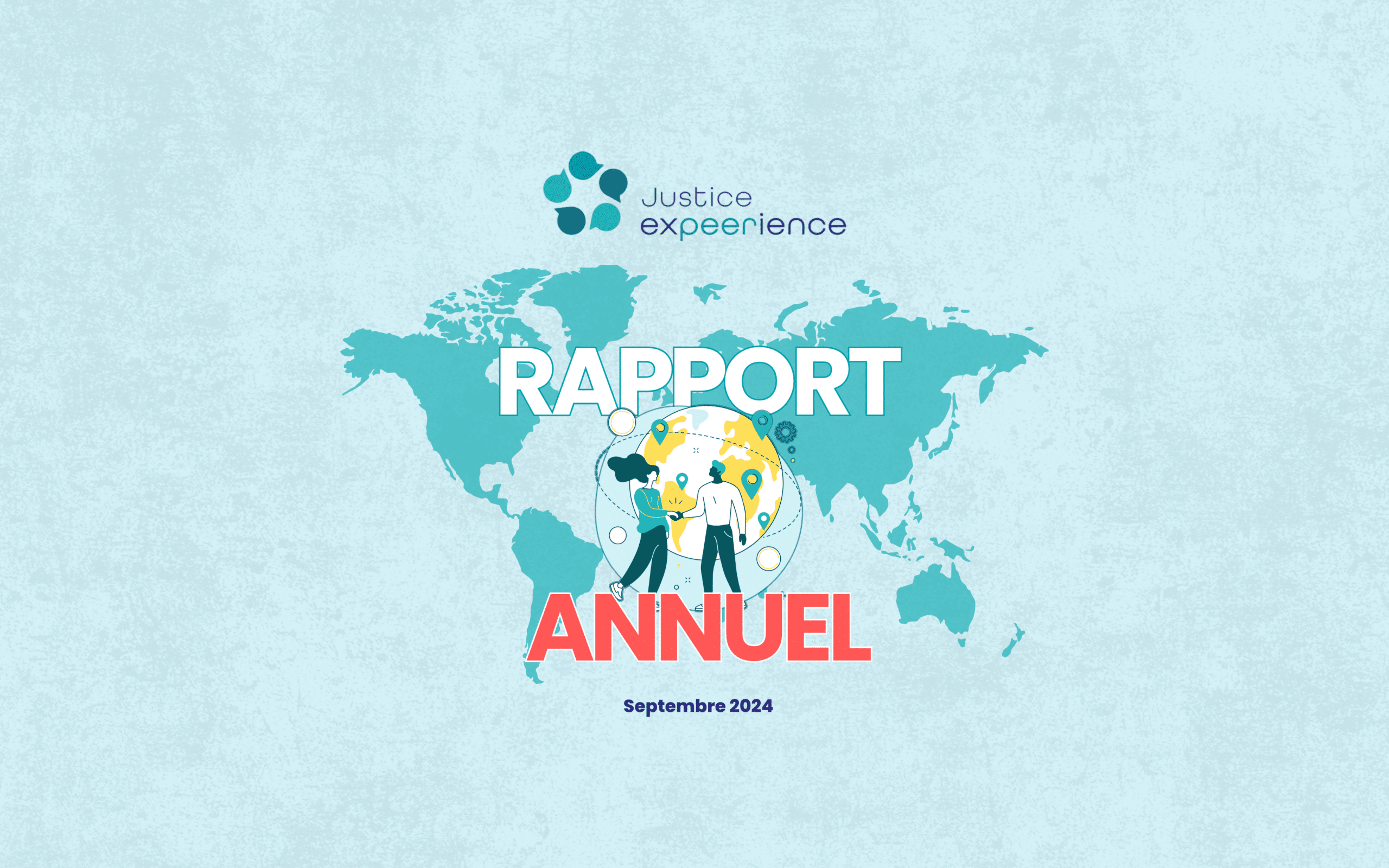
The Justice ExPEERience network keeps growing: evolution and new features
Justice ExPEERience celebrated its 3rd anniversary this summer! To mark the occasion, the network’s coordination team is proud to present the Justice ExPEERience annual report.
-
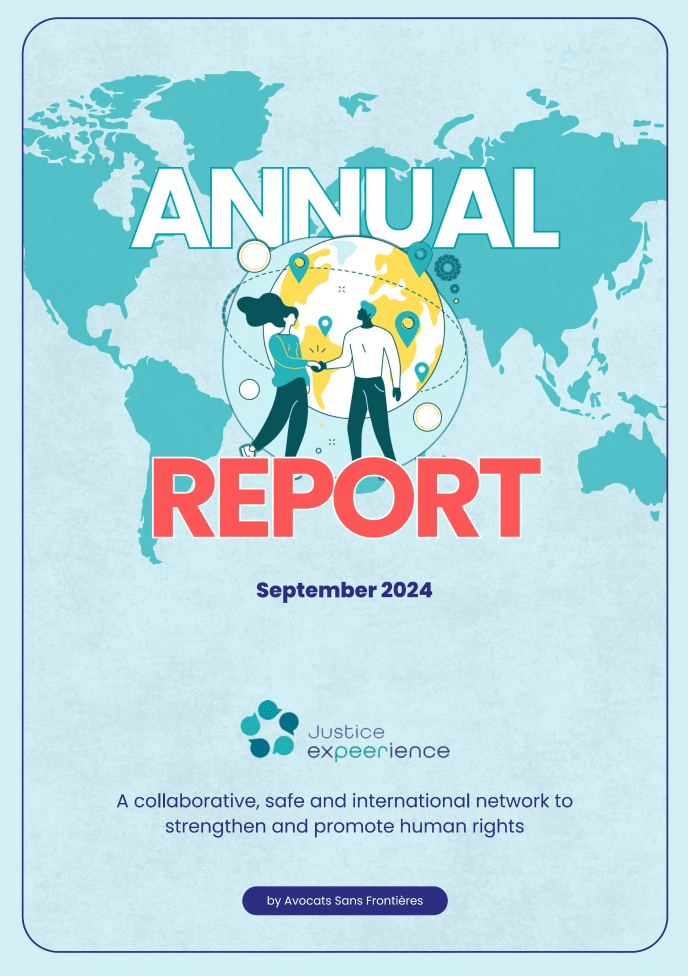
-
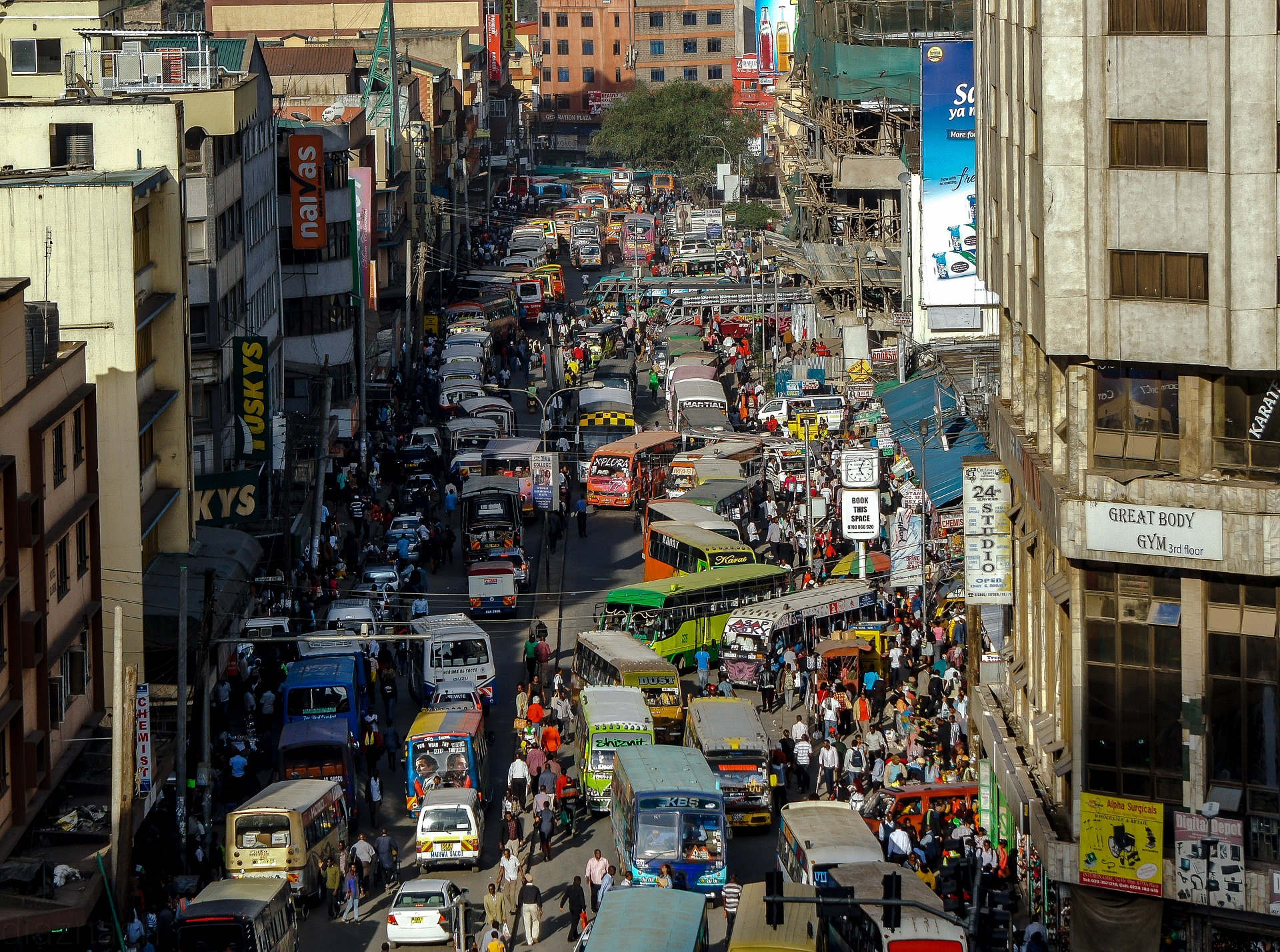
Legal aid in Kenya: Tracing the evolution, progress and gains
The journey towards establishing a comprehensive legal aid system in Kenya has been long and winding, but due to advocacy efforts by civil society organizations, including ASF’s partner in Kenya, the Legal Resources Foundation Trust (LRF), it culminated in 2016 in the enactment of the Legal Aid Act. In this article, we discuss the progress…
-

What’s new with Justice ExPEERience?
Justice ExPEERience was launched in 2021 by Avocats Sans Frontières. Today, the network brings together over 800 members working in the fields of human rights defense, access to justice and the fight for social justice in some 50 countries.
-
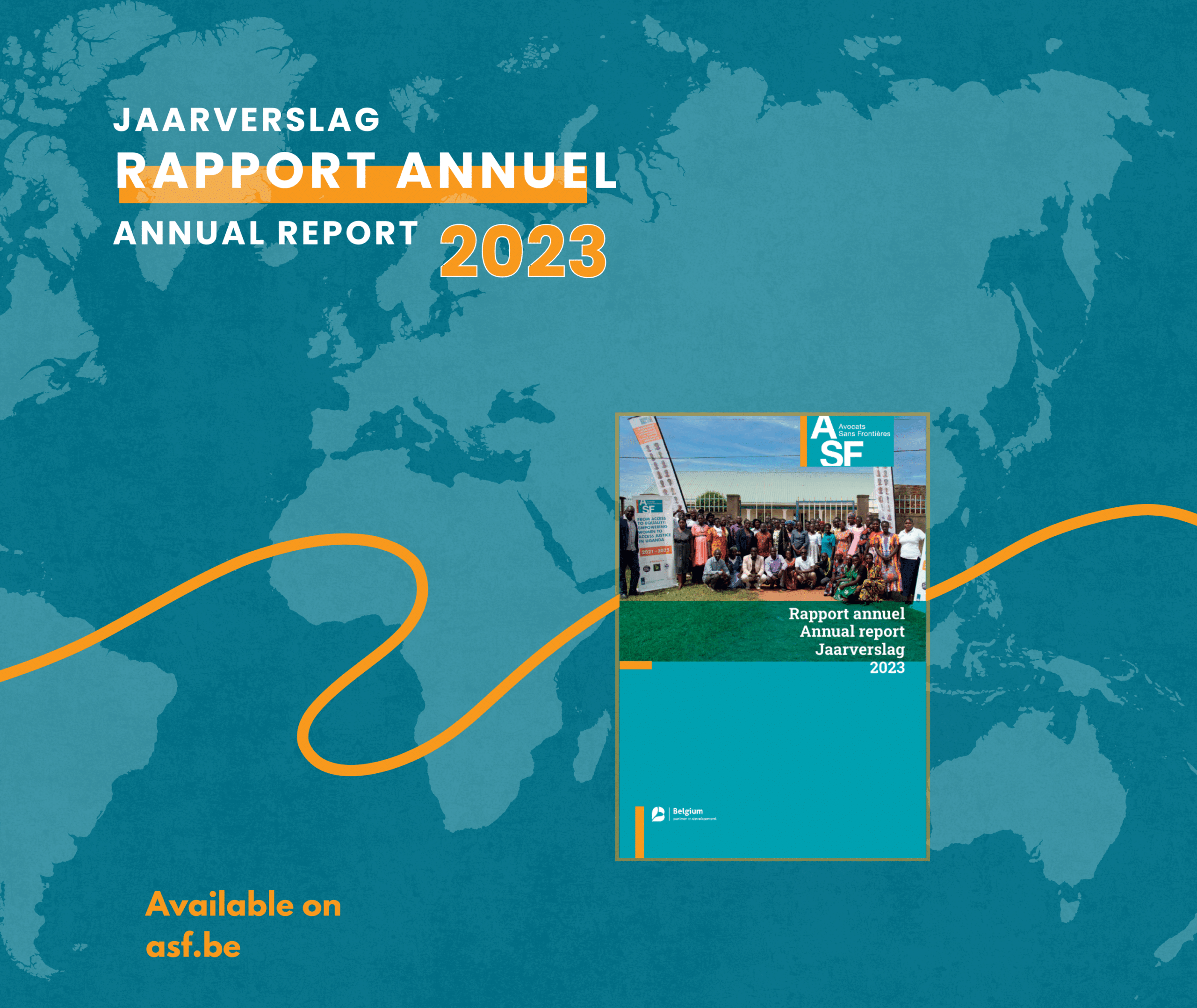
ASF’s annual report is available!
ASF has just published its 2023 annual report. In it, the organisation discusses the many challenges it faces at a time when authoritarianism is on the rise and the principles of human rights and the rule of law are being attacked throughout the world. In the face of these challenges, ASF is adapting and adapting…
-
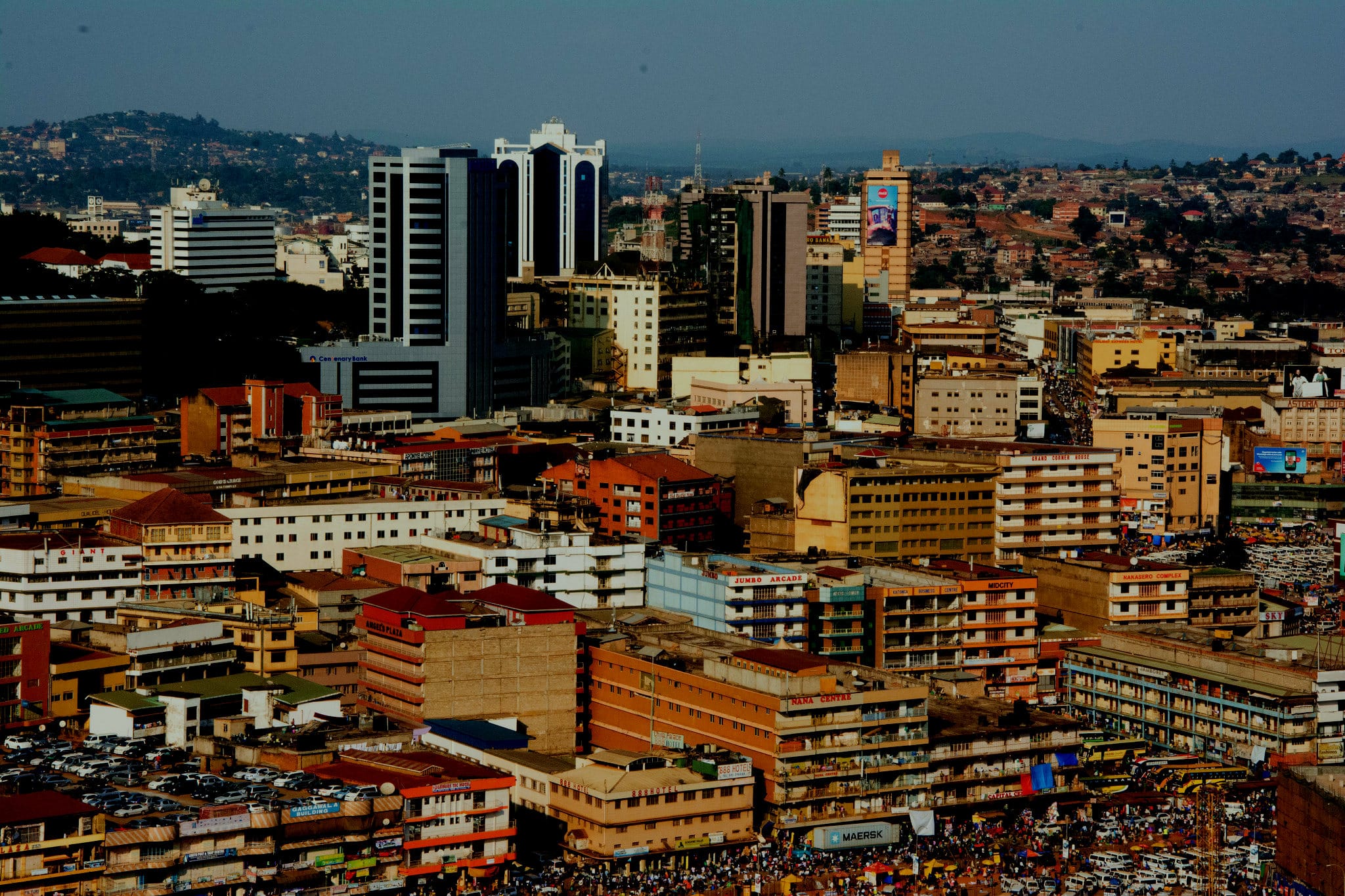
Policy Brief – Analysing Civic Space in East Africa through a judicial lens
For the past years, civic space has been described as “shrinking” in many countries around the world. The adoption of restrictive laws, the harassment of journalists, the arrest and detention of human rights defenders, the suspension of activities or freezing of accounts of civil society organisations, are common tactics used by states to restrict civic…
-
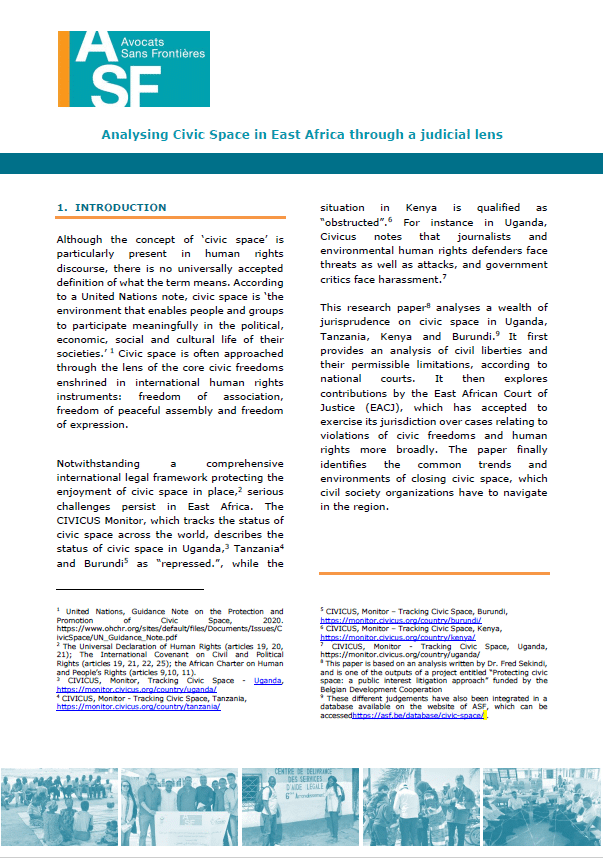
-
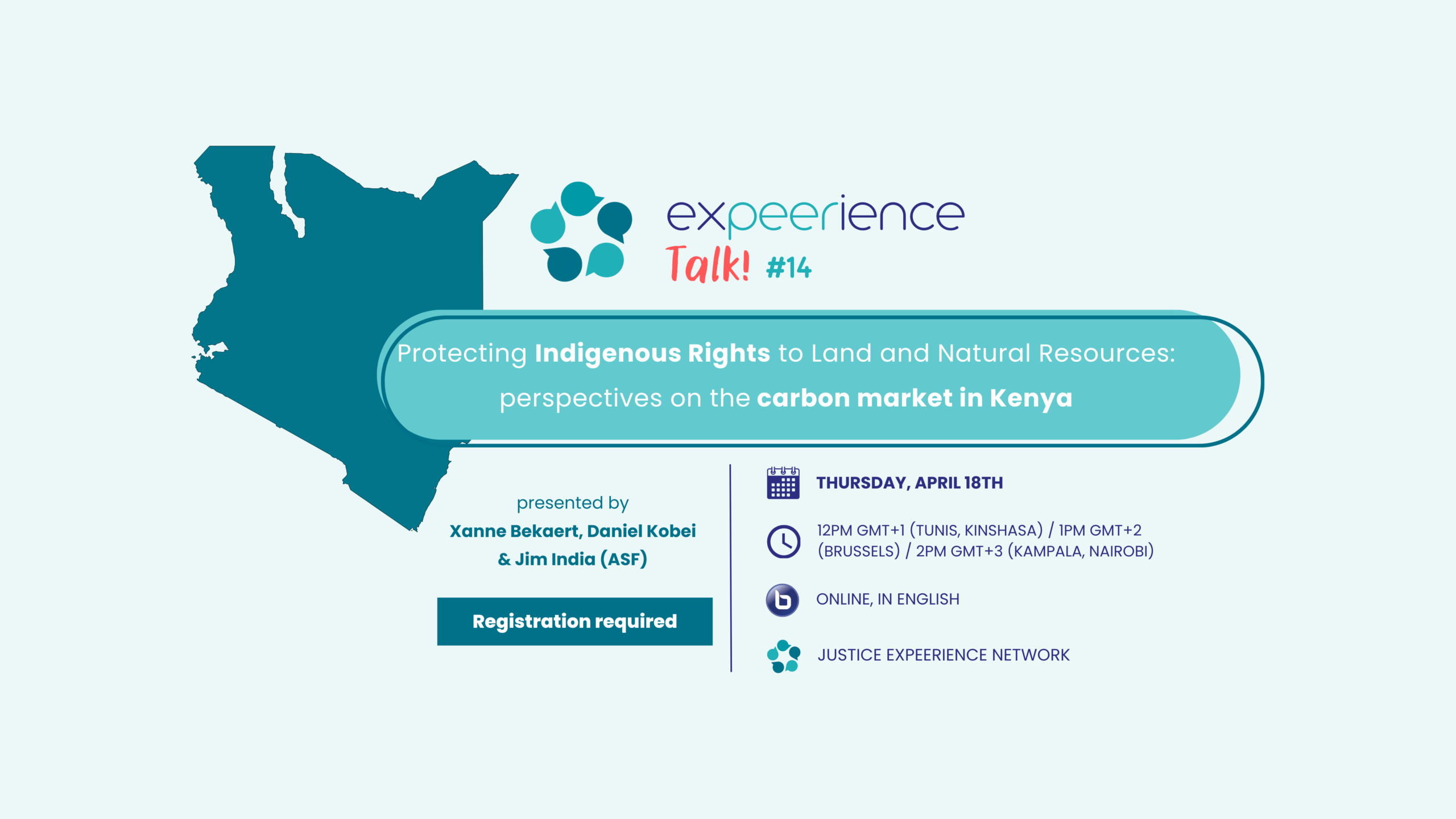
ExPEERience Talk #14 – Protecting Indigenous Rights to Land and Natural Resources: perspectives on the carbon market in Kenya
This talk aims to shed light on the complex relationship between carbon markets and indigenous rights in Kenya, with possible lessons to be learned for other countries in the region, and beyond. By incorporating perspectives from academic researchers and representatives of indigenous communities, the event seeks to contribute to ongoing discussions on environmental justice and…

